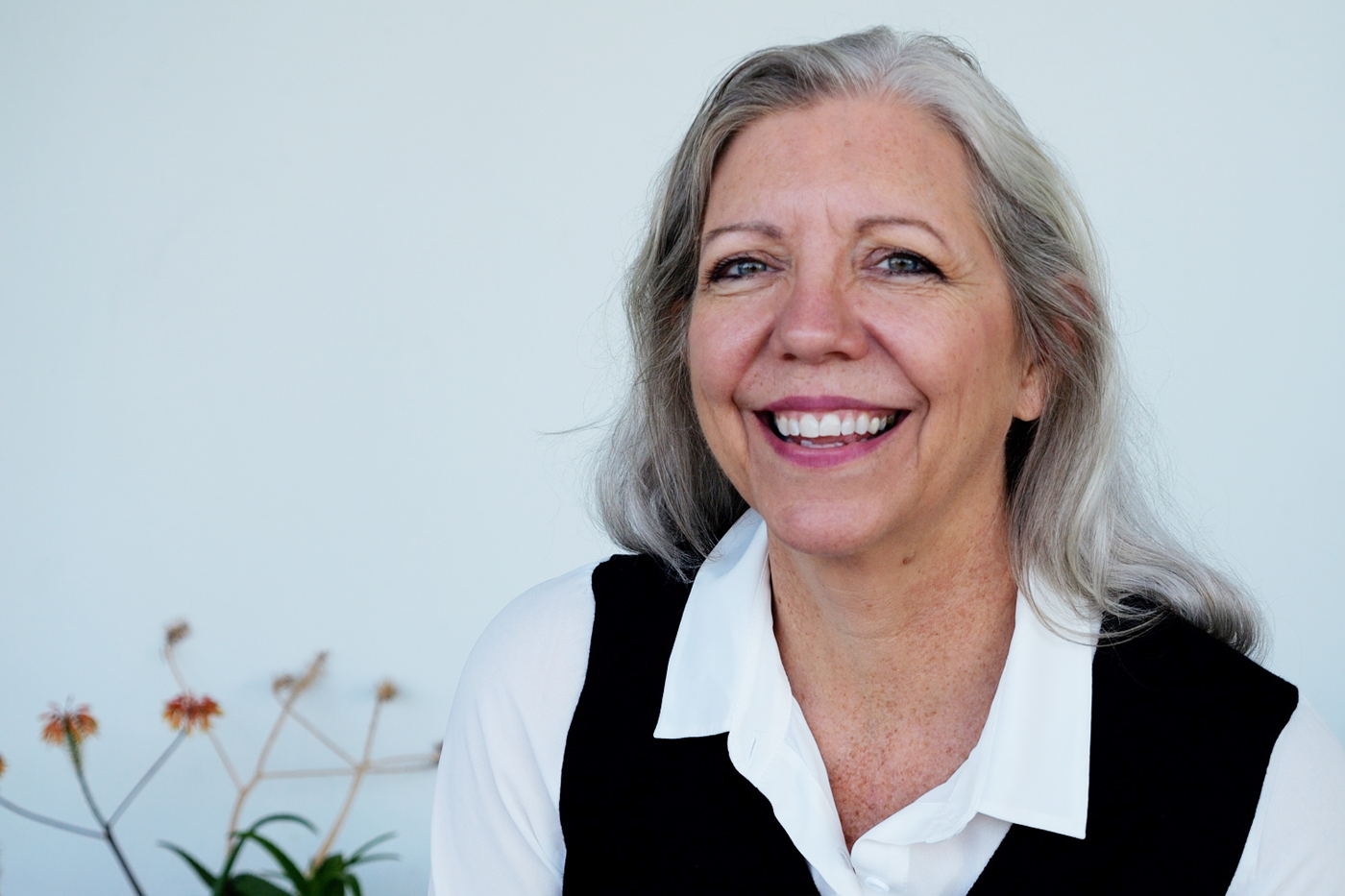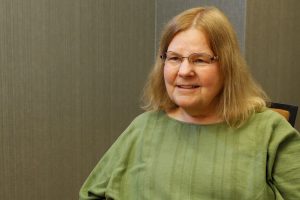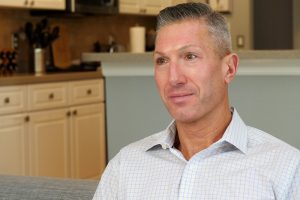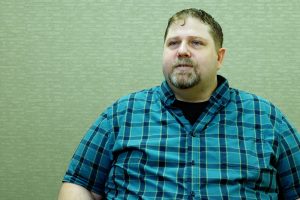Participating in Rare Clinical Trials
By Karen Jones, Executive Director, wAIHA Warriors

While rare diseases are categorized as such for a reason (they impact less than 200,000 people), more than 30 million Americans, or approximately 1 in 10, live with a rare disease.
Those living with a rare disease and their loved ones know how scary, isolating, and physically and emotionally draining it can be – but at the same time, positivity can be found in medical advancements, patient support groups, and clinical trials.
Karen Jones, who was diagnosed with a rare disease called warm autoimmune hemolytic anemia (wAIHA) in 2019, has been in remission for the last two years and is the Executive Director of the patient support group wAIHA Warriors, shares her experience with clinical trials. Keep reading as she notes the unique complexities of rare clinical trials, the importance of building trusting relationships, and her relationship with Janssen.
What makes a rare clinical trial different from a non-rare clinical trial?
Because it’s rare, finding patients is more challenging. With a non-rare condition, there are more patients available and more who match the particular criteria required to participate.
What special considerations need to be acknowledged when it comes to rare disease drug development?
There needs to be a trusting relationship between those developing the drug and those suffering from the condition. If the drug developers don’t understand the patient perspective, they could miss some crucial findings.
Having been involved in rare disease research, how important was it to speak with someone who understood what you were going through?
When you’re asked to share your story as a rare disease patient, you’re in a vulnerable position because you’re talking about an incredibly difficult time in your life. Rare disease patients are usually quite secluded, again, because it’s tricky finding each other, so when there is an opportunity to share our story with someone who understands the challenges we face, it is a comfort. We want other people to understand what we are experiencing and trust that they will be empathize with our experiences.
What has your experience working with Janssen been like?
We have many Industry partners, but sometimes they simply need “A, B, and C” and we’re done. Working with Janssen has been significantly different. We appreciate when we’re as involved as possible. Janssen wants to hear from us and use our information to move forward. This experience has helped the wAIHA Warriors grow our patient base and helps our patients become more involved in different aspects of the clinical trial. With Janssen we are more involved in the whole process.
Are you Living with wAIHA?
You may be eligible to participate in wAIHA research. Learn more about the ENERGY Study Eligibility Criteria
wAIHA Warriors’ Annual Meeting
Whether you’re a patient, caregiver, physician, or researcher, the wAIHA Warriors host an annual meeting to discuss current and future treatments, access to care, federal and state advocacy efforts, and more. Visit the wAIHA Warriors’ website to learn more and register.
An Unexpected wAIHA Diagnosis
Being diagnosed with any disease is a harrowing experience but being diagnosed with a rare disease with no cure and few treatment options is especially distressing, as wAIHA patient Jackie shares. “When I was diagnosed, I was told nothing other than you have it and kind of good luck. It wasn’t that cold, but it…
Living with wAIHA
Warm autoimmune hemolytic anemia, or wAIHA, is a rare blood condition that impacts about 45,000 people in the U.S. While it doesn’t affect a large population, there’s no denying its significance in those who live with it, as ENERGY study participant Sean shares. “I went from one day being a completely healthy 45-year-old male to…
A Childhood Impacted by wAIHA
While warm autoimmune hemolytic anemia (wAIHA) is more common in adults, the condition doesn’t discriminate against children, as Dave, who lives with wAIHA shares. “I was diagnosed with wAIHA as a child. Initially, my doctor said I’d be in the hospital for two to three days. I ended up missing the last two years of…



